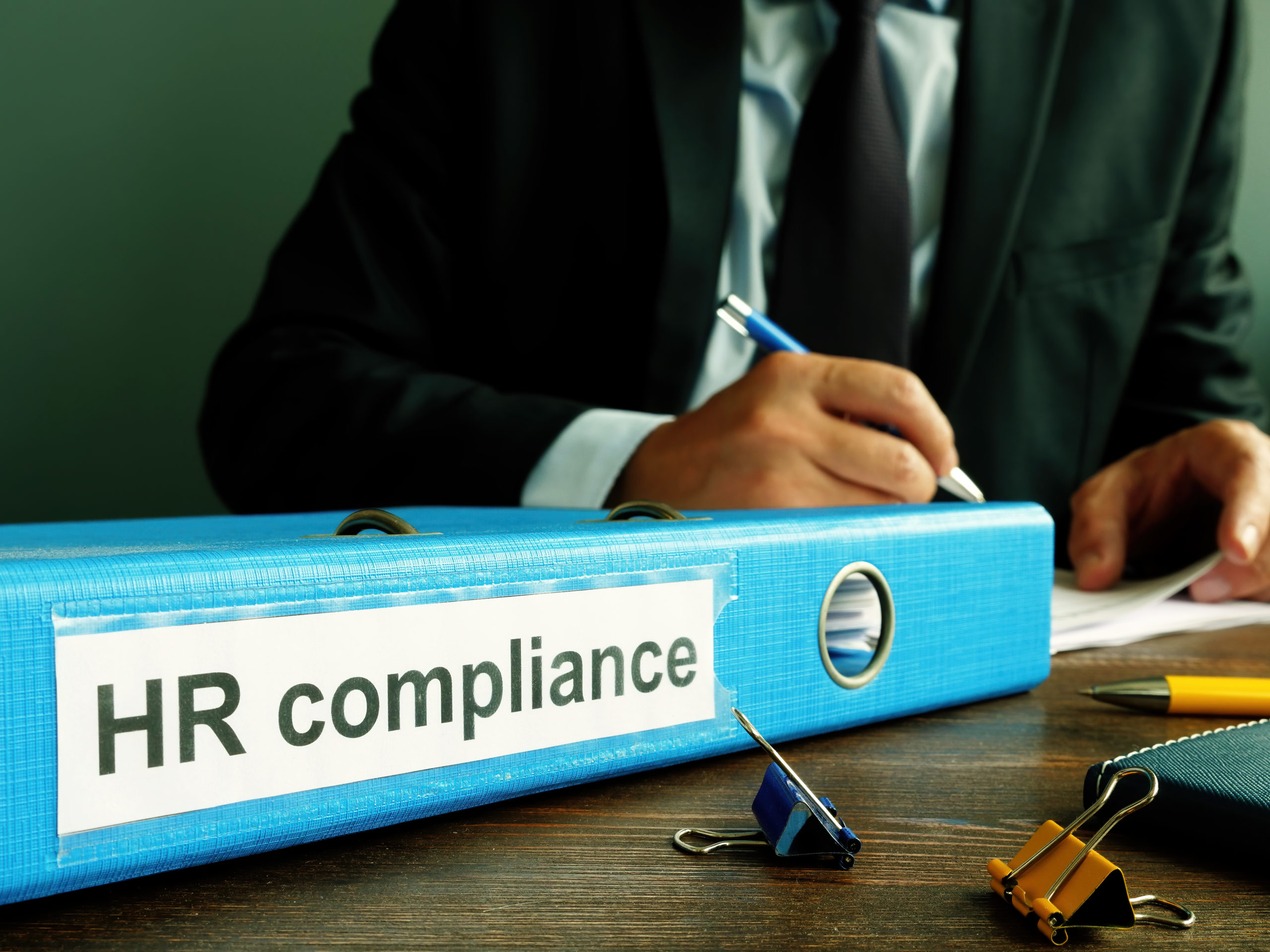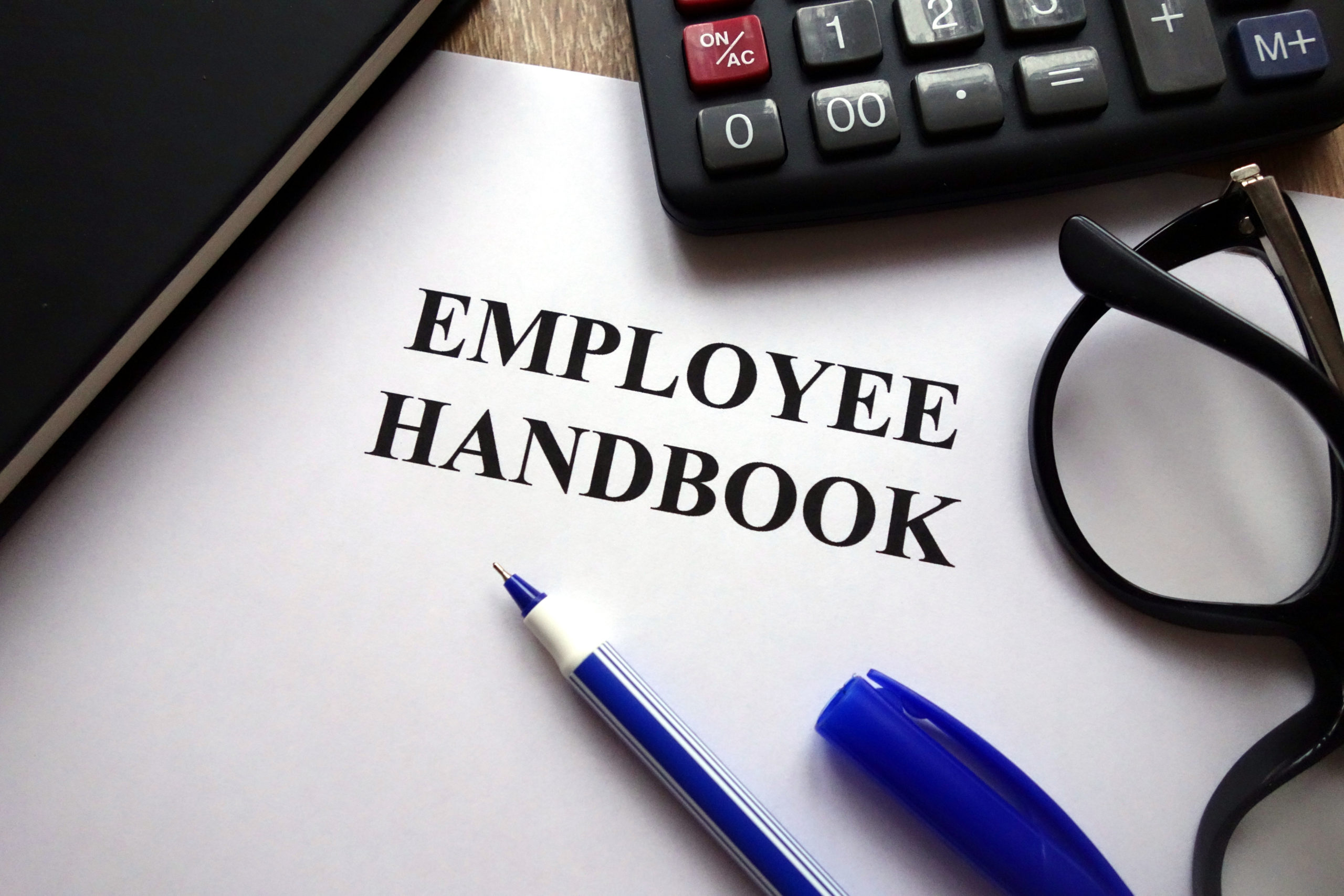If you face discrimination in the workplace, you might wonder what you can do about it. The first thing to do is understand that federal and California laws prohibit discrimination of any kind in the workplace. California employment discrimination statutes are part of the Fair Employment and Housing Act (FEHA). At the federal level, Title VII of the Civil Rights Act of 1964 provides the protections employees need to fight back against employment discrimination.
Understanding employment discrimination laws gives you the foundation for fighting back against discrimination in the workplace. Let’s review a few additional tips for handling discrimination in the workplace.
Tip #1: Review Your Company’s Policy Against Discriminatory Acts
A vast majority of medium to large size companies present discrimination policies in their employee manuals. Although California and Federal employment discrimination laws make it illegal to discriminate based on a wide variety of criteria, state and federal laws leave the discrimination reporting process up to each company. Your company most likely has a procedure for reporting discrimination in the workplace, as well as a process for investigating allegations of discrimination.
Tip #2: Let Your Employer Know
If you work for a company that has a human resources department, inform the human resources manager that you face discriminatory acts while at work. Far too many acts of discrimination go unpunished because the employee facing the discriminatory acts never makes it clear the acts of discrimination are unacceptable.

When you explain to your employer that you are taking the acts of discrimination seriously, your employer must investigate the claims.
Make sure to document everything you share with your employer.
Tip #3: Review Federal Discrimination Laws
The United States government documents the details of each law that addresses discrimination. Four primary laws can help you understand your rights when it comes to discrimination in the workplace.
Title VII of the Civil Rights Act of 1964
The legal basis for all discrimination law comes from Title VII, which prohibits discrimination based on criteria like race, gender, religion, and national origin.
Age Discrimination in Employment Act (ADEA)
Since Title VII does not address age discrimination in the workplace, that ADA makes it illegal for employers to discriminate against workers that are older than 40 years.
American with Disabilities Act (ADA)
The ADA forbids employers from discriminating against disabled workers, as well as require employers to make “reasonable accommodations” for disabled workers to gain access to buildings and function in the workplace
Family and Medical Leave Act (FMLA)
Although the FMLA is known for helping workers take leave to address family and/or health issues, the landmark law includes a section that prohibits discrimination when deciding which employees should receive unpaid leave.
Tip #4: Maintain Thorough Records
Every act of discrimination, from hearing racial jokes to getting shunned at special events because of a disability, should become part of a detailed record that you keep. Keep a digital file that includes the date, time, location, and the parties involved with each act of discrimination. You also should list any witnesses of each act that can collaborate your allegation, as well as write a thorough description of what transpired during each discriminatory act.
Make sure to store any photographs uploaded online that makes fun of you in a discriminatory way. You should also keep any objects placed on your desk that represent some type of discriminatory insult.
Tip #5: File a Complaint with the EEOC
If your employer fails to respond to your discrimination complaint, you should contact the Equal Employment Opportunity Commission (EEOC) to file a formal complaint. The EEOC is the federal agency responsible for ensuring employers comply with federal discrimination statutes. You should also file a formal complaint at the state level by accessing the California Department of Fair Employment and Housing (DFEH) website. Getting a government agency involved with your discrimination complaint should motivate your employer to take your complaint more seriously.
Tip #6: Contact an Employment Attorney
Addressing one or more acts of employment discrimination can feel like a lonely journey. You are lucky if you can convince just one of your co-workers to step forward as a witness. By working with an experienced employment lawyer, you do not have to fight back against employment discrimination on your own. Your attorney communicates with your employer, as well as the government agency that processes your formal complaint.





